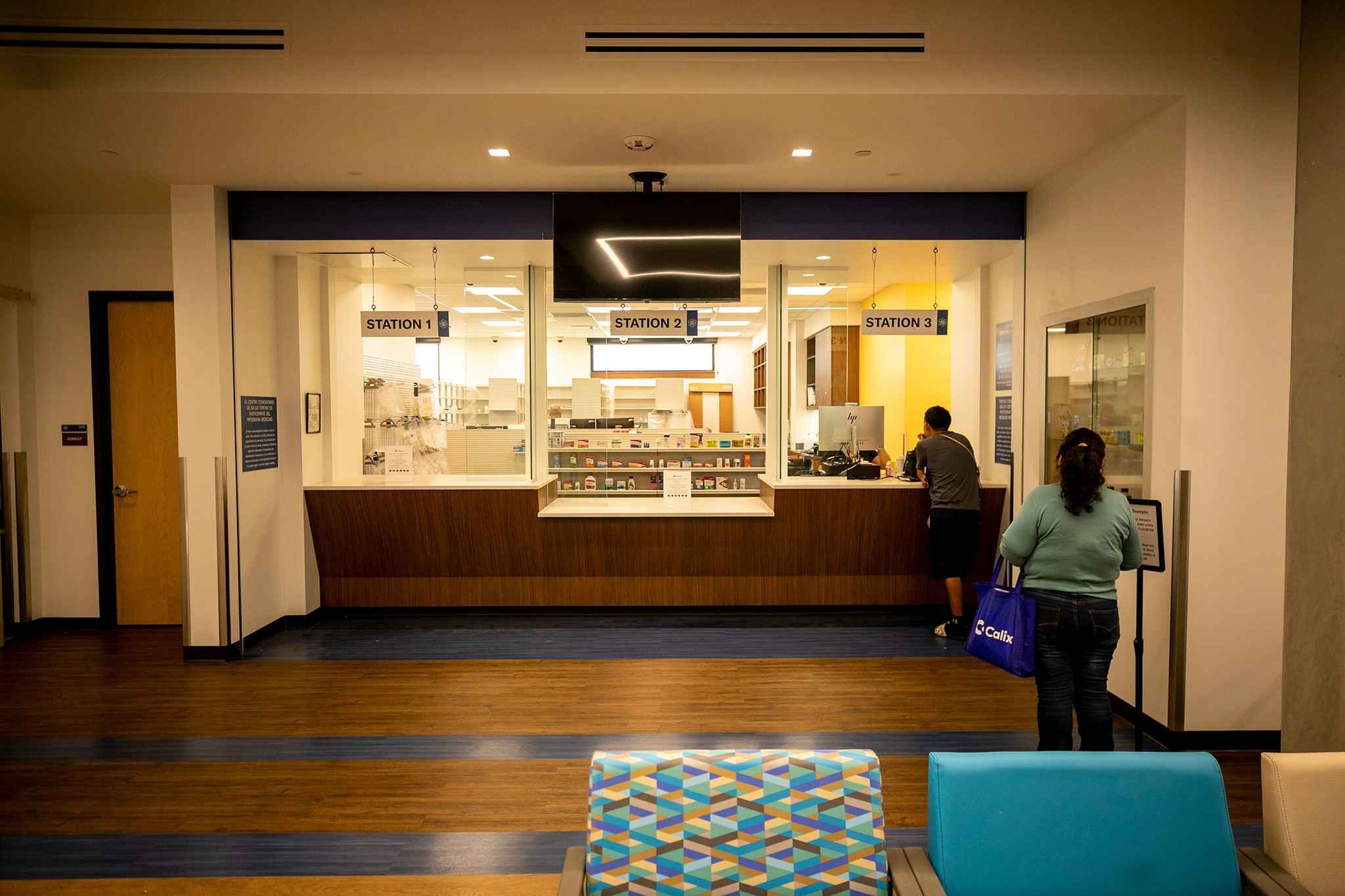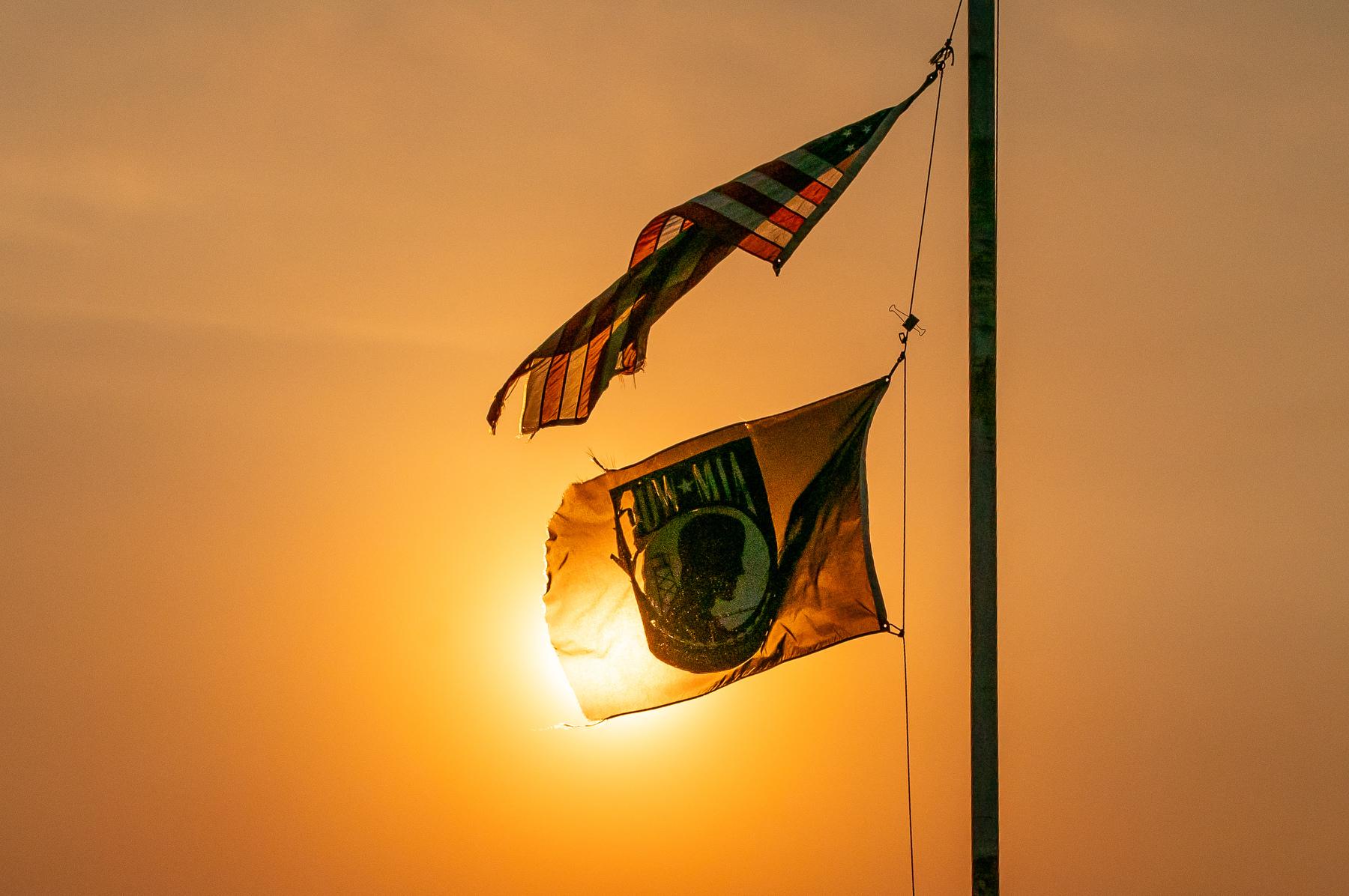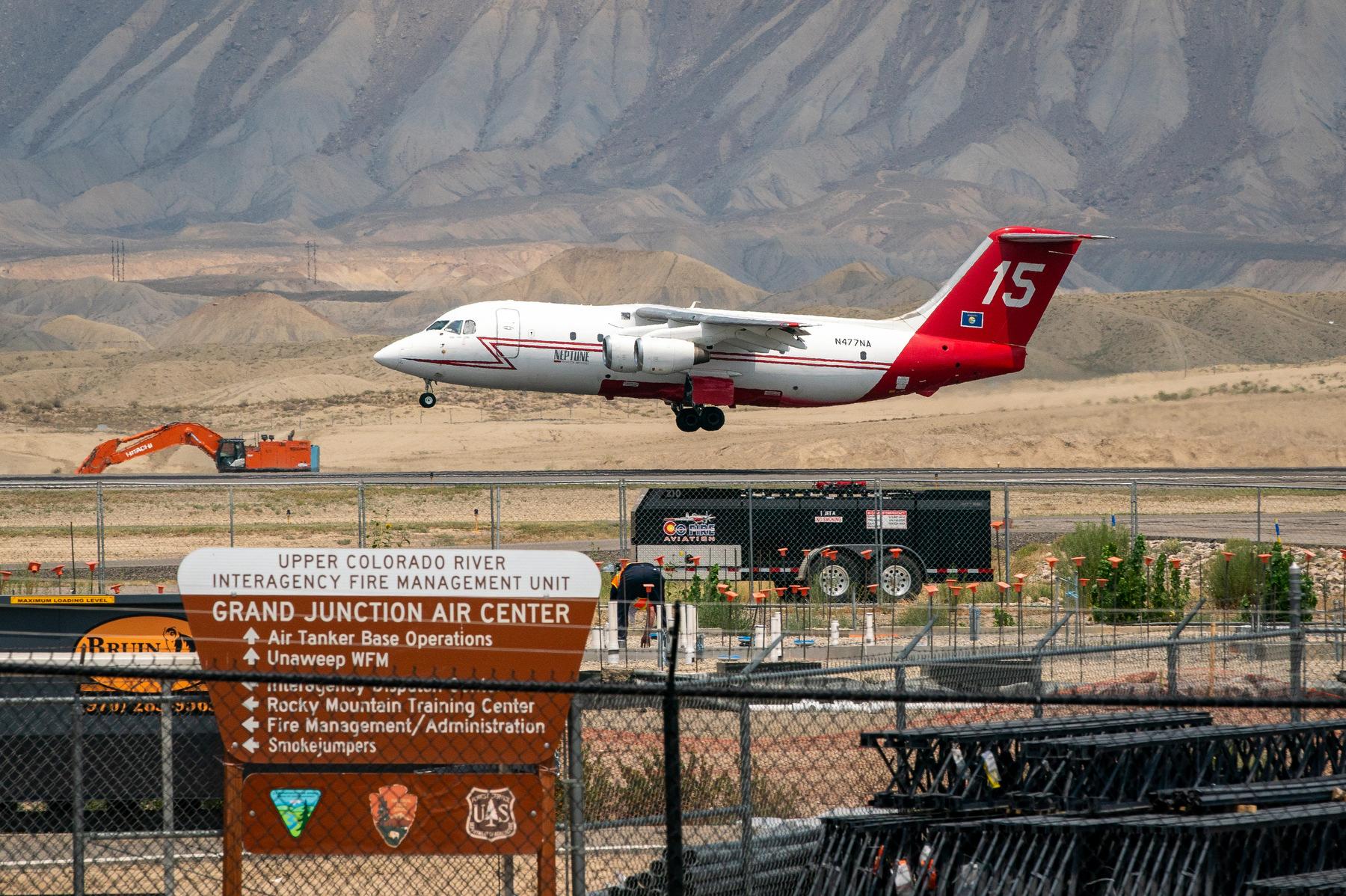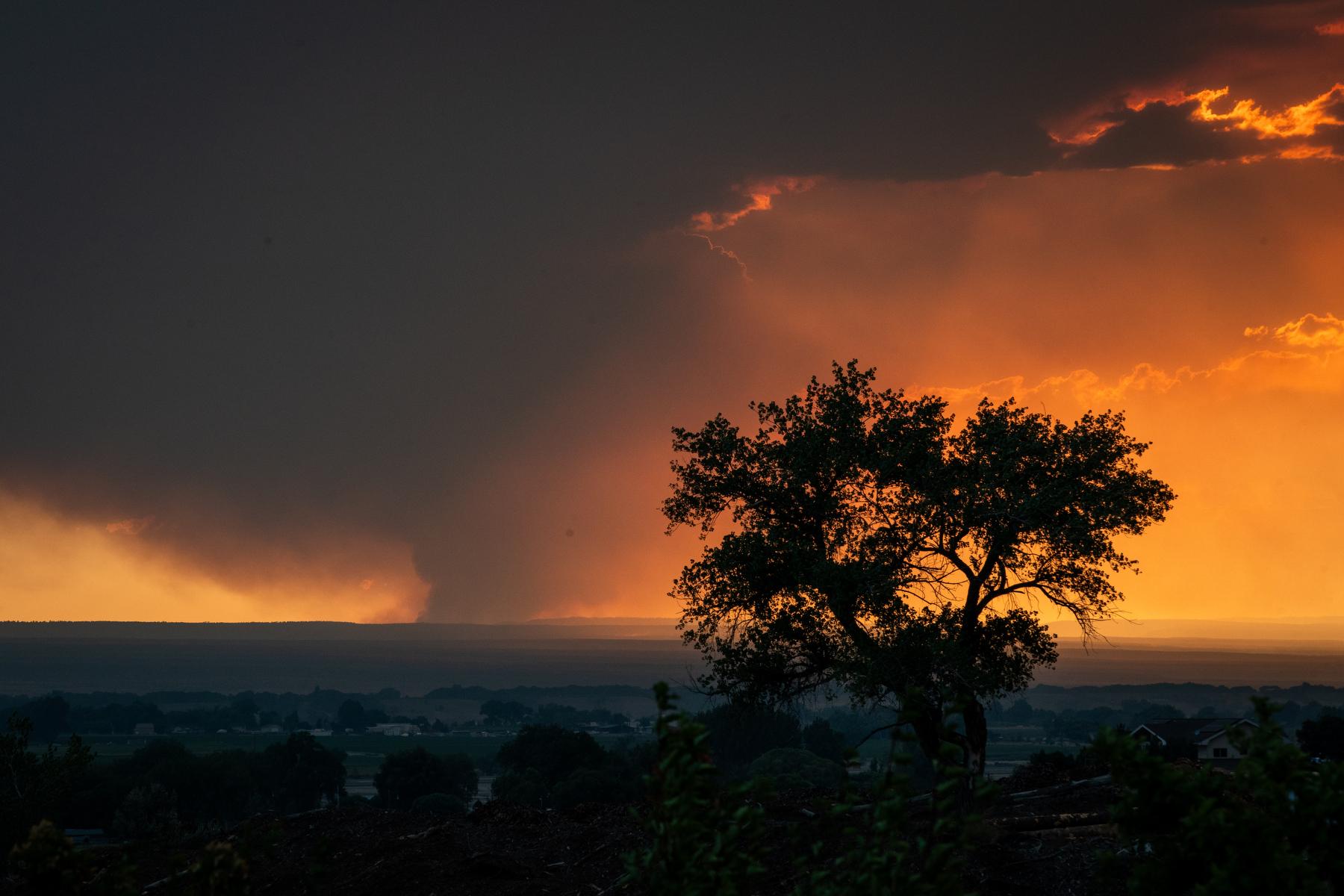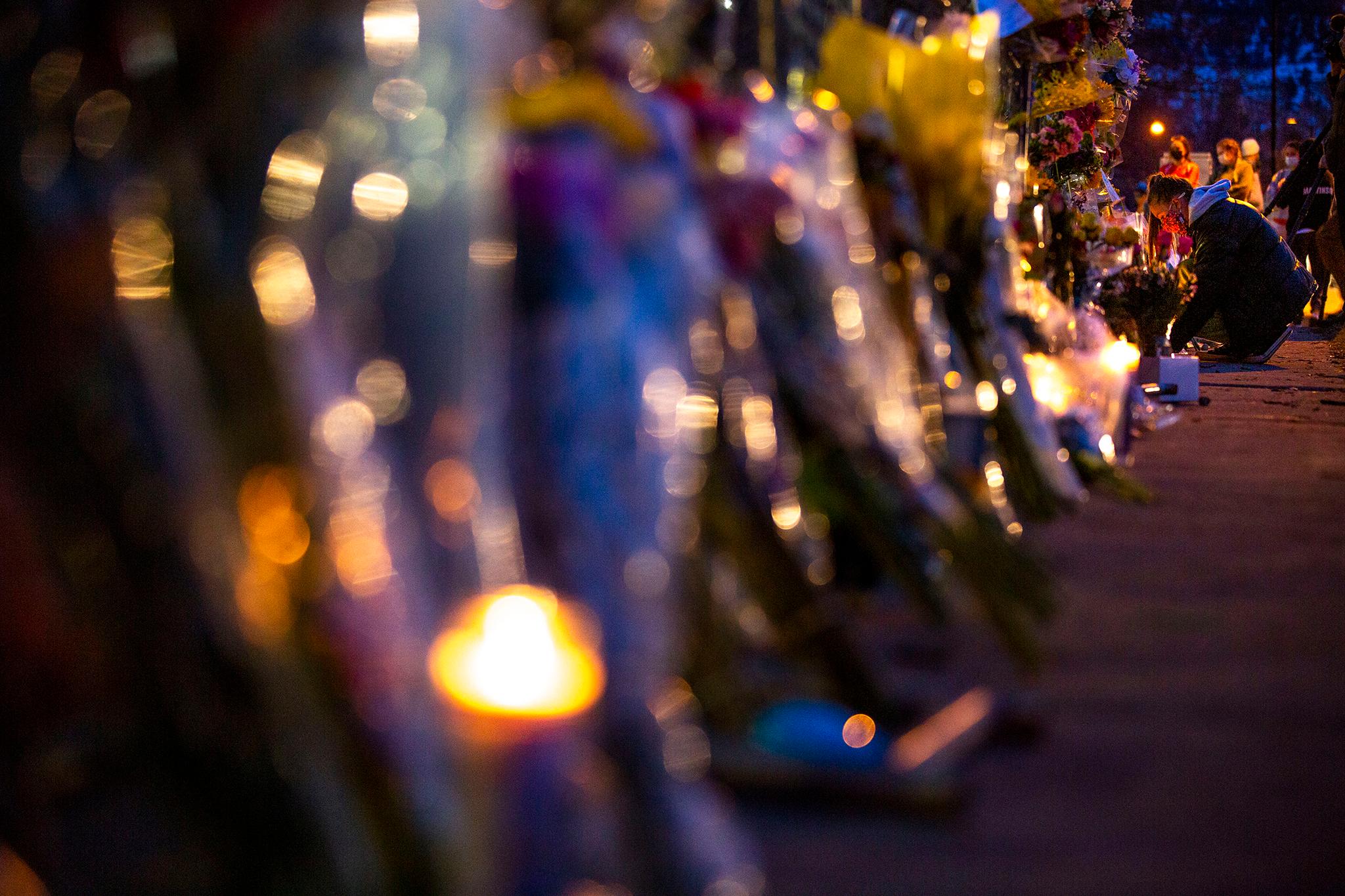
Like their predecessors did at Columbine in 1999 and Aurora in 2012, some of Colorado’s top elected officials gathered Tuesday to mourn victims of a mass shooting.
"This cannot be our new normal,” Rep. Joe Neguse, a Democrat who represents Boulder in Congress, said at a press conference. “We should be able to feel safe in our grocery stores. We should be able to feel safe in our schools and our movie theaters and our communities. We need to see a change because we have lost far too many lives."
Ten people, including one Boulder police officer, were killed at King Soopers in the city Monday. It’s not clear exactly how many witnesses, now survivors, were in the store, though video footage showed at least a dozen being escorted out.
They now join the thousands of people that have survived shootings at schools and other public places in the Denver metro since Columbine. More than 1,800 students attended Columbine in 1999, plus staff. Thousands more, collectively, were at other such shootings, like Platte Canyon High School in 2006, Deer Creek Middle School in 2010, a movie theater in Aurora in 2012, a Walmart in Thornton in 2017, and STEM School in Highlands Ranch in 2019.
A 2019 Denver Post analysis found that the Denver metro has the third-most mass shootings, per capita, of the country’s largest metro areas since 1999. Survivors and experts say there’s a cumulative effect to so many shootings: the circle of survivors, who may face a lifetime of recovery, grows larger with each incident.
There’s another impact, too: The general public may no longer feel safe in more and more places.
“What it does to the community is it shatters their comfort zone,” said John Nicoletti, a Lakewood-based police psychologist. “Things that used to be inside of our comfort zone are no longer in there."
Some community members try to cope by avoiding places where shootings have happened, like movie theaters, Nicoletti said. That may prove more difficult with a grocery store, he added. Others enter a state of denial, believing that a shooting couldn’t happen to them.
A better alternative, Nicoletti said, is to be as prepared as possible while not accepting that shootings are inevitable. Countless active shooter drills that have been carried out in schools and workplaces since Columbine are one example of that. Another is simply observing where all the exits are when you enter a building.
“It's kind of like skiing,” he said. “Years ago, none of us wore helmets. Now everybody wears helmets. You adapt, and you carry on."
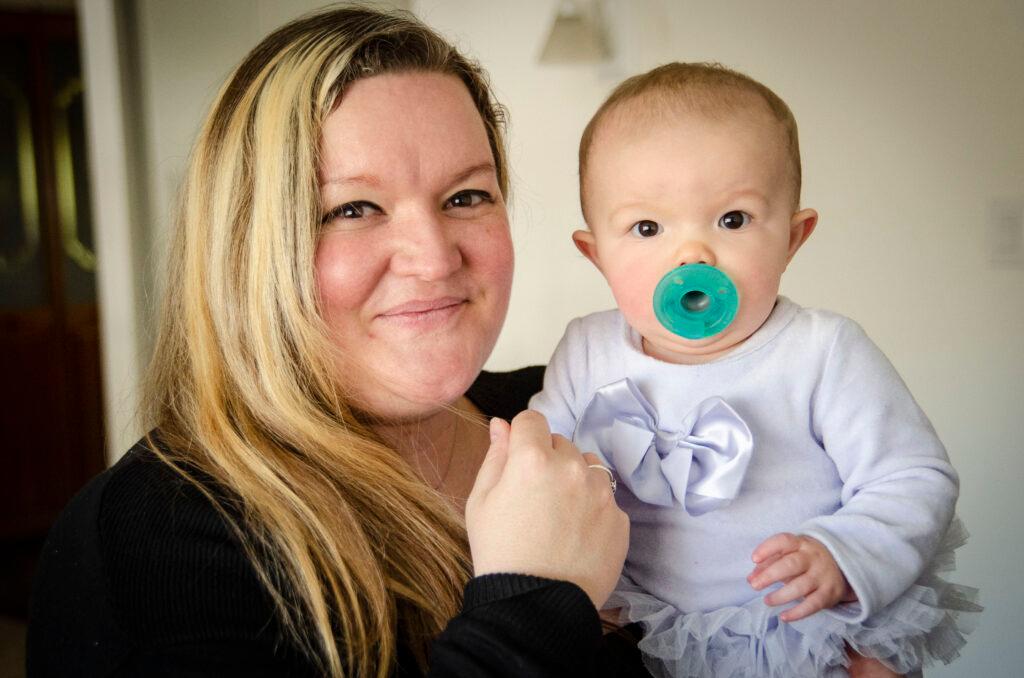
Columbine survivor Missy Mendo said the only way she’s been able to keep herself from normalizing shootings through the years is to work to help people affected by them. That includes her role as a member of the Rebels Project, a local non-profit that helps survivors of mass shootings from around the world connect with one another.
Mendo said Monday’s shooting in Boulder was especially difficult for her to try to comprehend.
“It’s hard because it’s your home,” she said. “You just don’t understand why all of these senseless things are happening in the area that you love and grew up in. It’s such a beautiful place to live in, and something so ugly continuously happening in your area is heartbreaking.”
“Here I am 22 years later,” she added, “wondering why this is still happening.”
Two graduates of Columbine High School co-founded the Rebels Project and named it after the school’s mascot. One of those co-founders is Heather Martin, a teacher at Aurora Central High School.
She, like other survivors, has spent years finding her own coping strategies. Mental health care, including therapy, has been a big help, she said. But her fears can creep up again after she hears about another school shooting.
“I feel unsafe for a couple of weeks,” she said. “Like, I have to resettle in and refigure things out because I've been triggered. It's been reignited.”
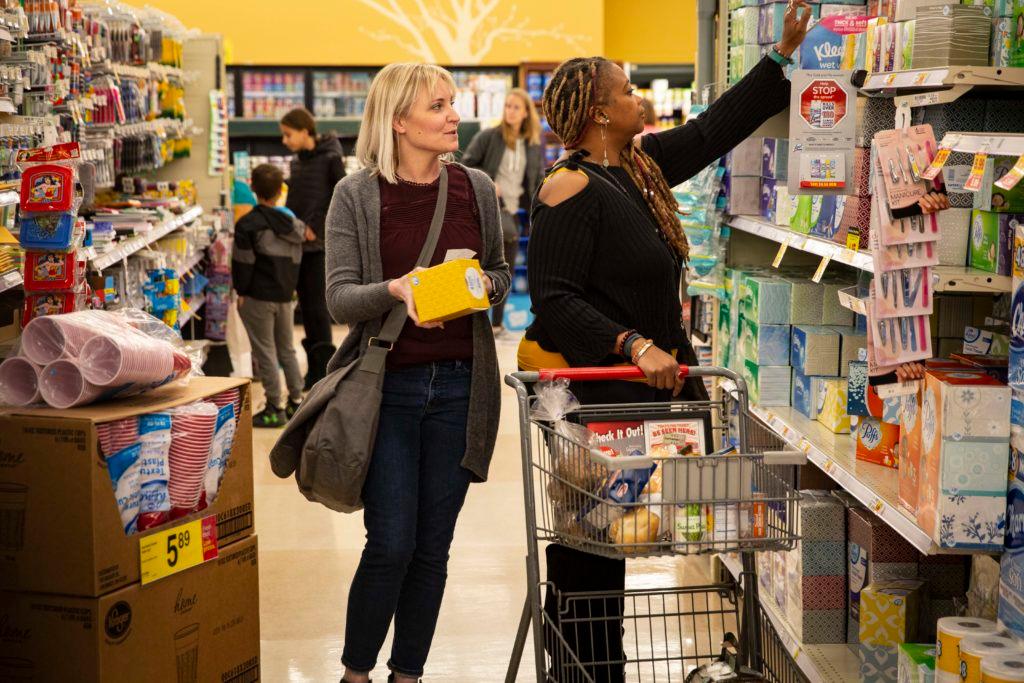
Survivors of mass casualty events each have their own unique stories, Martin said. But they all share a common bond, or, as Martin and Mendo say, they belong to a club that no one wants to be in. That club continues to grow with each shooting, a fact that Martins says makes her feel “helpless.”
But, Mendo said, the group will help anyone from Boulder who wants it.
“We wait until we're invited into a community because we know what it feels like to have somebody like insert themselves in your community,” she said. “We are there in the long run.”
The coronavirus pandemic has made the world feel more unsafe.
Suddenly, Martin said, she wasn’t the only person who felt nervous in crowded places like a grocery store.
“I felt like everybody was kind of feeling that thing that survivors feel daily,” Martin said.
It’s not just direct survivors of mass shootings that are feeling trauma right now — whether it’s images of the Boulder shooting seen via traditional and social media, or a year of living with a global pandemic. The key, Martin said, is to give yourself the grace to accept that it’s real and valid.
“Don't minimize your trauma because you think someone else had it worse,” she said. “Your trauma is yours and your experience is yours. It’s really dangerous if you continue to do that.”
- Donations: How You Can Help The Families Of The Boulder Shooting Victims
- Victims: Who We Lost In The Boulder King Soopers Shooting
- King Soopers Employees: "We Weren't Already Hard Enough? This Had To Happen Too?”
- Motive: Police Are Still Searching For A Motive
- Weapon: The Firearm The Suspect Bought Looks Like A Rifle, But It's Regulated Like A Handgun
- Guns: We Want To Hear From You: What Do You Want To Know About Gun Laws In Colorado?
- Next Steps: Colorado Lawmakers Are Considering A Ban On 'Assault-Style' Weapons
- In Photos: Here's Some Of What We Saw As Last Week Unfolded
- Mass Shootings: Colorado Has More Mass Shootings Than Other Places
- Mental Health: As Mass Shootings And Pandemic Collide In Colorado, Mental Health Experts Urge Connection Now More Than Ever
- Suspect: Boulder DA expects to file additional charges against the 21-year-old shooter

